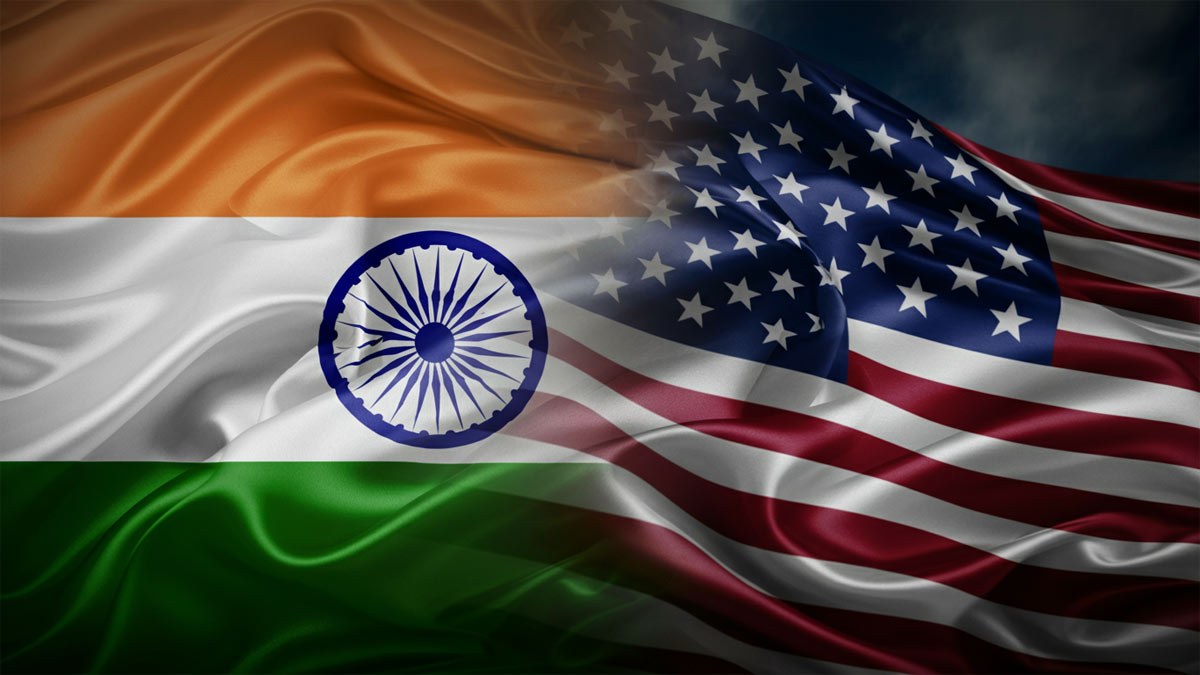India’s stand on GM crops in negotiations with the US explained

As India and the United States approach a critical juncture in their trade negotiations, now intensified by the rescheduled August 1 tariff deadline originally set for July 9, the contentious issue of genetically modified (GM) crops emerges as a potent symbol of the intricate crossroads between global trade aspirations and domestic policy restraint.
With over 20 countries already notified of revised rates, India stands at a critical inflection point, racing to strike a scaled-down bilateral trade agreement, a “mini deal”that could exempt it from being hit with Trump’s proposed 26 per cent tariff regime. For New Delhi, securing relief for its labour-intensive sectors such as textiles, leather, and footwear remains a primary aim. Meanwhile, the US is pressing for broader entry into India's industrial goods, automobiles, wines, petrochemicals, and most controversially, its agricultural and dairy markets.
The insistence by the United States to include GM soya bean and maize exports as part of the trade package has cast a long shadow over the negotiations. India’s refusal to open its doors to GM crops is grounded not only in law but in deeply entrenched societal concerns regarding health, ecology, and economic independence. While limited concessions may be on the table, such as the possible import of GM alfalfa hay for use in animal feed, Indian regulations still demand rigorous non-GM certification. This poses a practical roadblock for US producers, who often cultivate GM and non-GM varieties side by side, making segregation difficult. Indian officials have thus far remained resolute, with the country’s chief negotiator, Rajesh Agrawal, making it clear in Washington that GM crops remain a red line in the dialogue.
Former Indian ambassador to the World Trade Organisation, Anjali Prasad, warns against compromising sensitive sectors under pressure. With nearly 60 per cent of India’s population dependent on agriculture and dairy, she argues, introducing GM crops would undermine both public health and economic stability.
Agricultural economist Devinder Sharma, who frames the issue not just as a scientific debate but as one of strategic economics. India has carved out a unique place in the global market as a non-GM producer, particularly in soya meal exports, where buyers actively seek natural variants. Surrendering this advantage for short-term trade gains could be a costly mistake. He calls for investment in non-GM farming techniques and policies that reward farmers with fair pricing, arguing that productivity should be driven by equitable economic models rather than technological quick fixes.
Meanwhile, voices such as Ashok Gulati, former chairman of the Commission for Agricultural Costs and Prices, advocate for a more calibrated approach to GM cultivation, suggesting that India must reconcile modern agricultural demands with ecological safety. Gulati points to examples such as GM eggplant in Bangladesh to illustrate that regional innovations may already be making quiet cross-border inroads.
India’s hesitance on GM crops is not simply ideological. The risks associated with genetically homogenous agriculture, including vulnerability to pathogens, loss of biodiversity, and diminished nutritional value, are substantial. Bt cotton, a genetically modified variety that contains genes from the soil bacterium Bacillus thuringiensis, the only approved GM crop in India, was allowed in 2002 only after extensive testing and regulatory oversight. Today, the debate continues as GM mustard, brinjal, chickpeas, maize, and tomatoes face legal and scientific scrutiny. Though the Genetic Engineering Appraisal Committee (GEAC) has cleared GM mustard for open-air trials, legal petitions before the Supreme Court reflect the depth of public and institutional resistance.
The trade talks thus reflect a profound tension between economic pragmatism and ethical stewardship. As India negotiates with the United States, it is not just haggling over tariffs or customs duties, but reaffirming its commitment to a food system that is equitable, ecologically sound, and rooted in national priorities. GM crops have emerged as a fulcrum around which these negotiations pivot, symbolising a wider debate over development, autonomy, and the kind of future India envisions for its farmers and consumers alike. Whether this principled stance will complicate the path to a trade deal remains to be seen, but for now, New Delhi appears determined to defend the integrity of its agricultural policy, even as pressure mounts from Trump’s impending tariffs.
The author is a strategic and economic affairs analyst
World